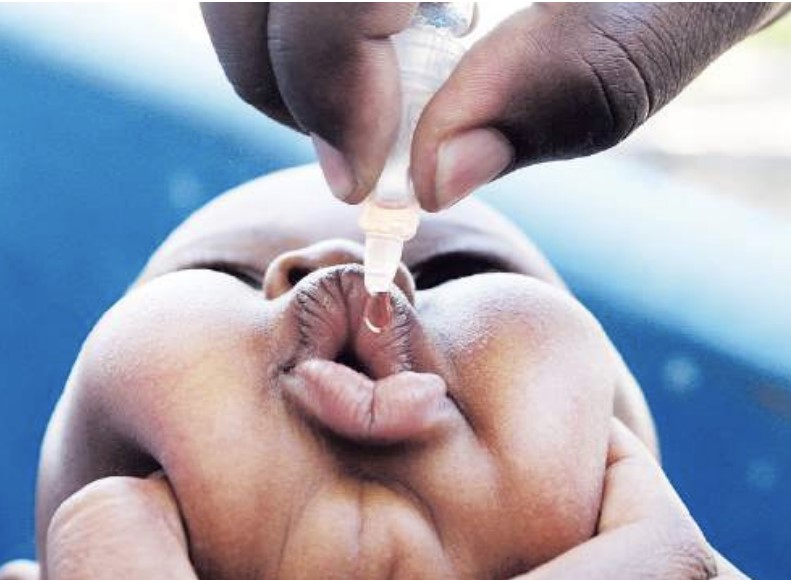

The October 2024 polio vaccination campaign resulted in the death of two children, the Ministry of Health has said.
Director General for Health Patrick Amoth said the ministry received 23 reports of post-vaccination events following the recent polio vaccination campaign that took place from October 2-6 2024.
He said the ministry engaged the Kenya National Vaccines Safety Advisory Committee (KNVSAC) which met from October 23-24, 2024 to review all the received reports.
He noted that out of the 23 reported and investigated cases, 16 were non-serious ranging from generalised itchy rash, fever, conjunctivitis, body rashes, abdominal pain, and diarrhoea amongst others.
“Seven of the reported cases were serious presenting with generalised red and sometimes itchy bumps in the skin and fever, weakness of the lower limbs, convulsions, diarrhoea and vomiting and herpes zoster,” Amoth said.
He added that an analysis of the serious and non-serious events showed that 16 of the reported cases had resolved while five are in the process of resolving.
“Two of the reported cases unfortunately resulted in death,” he stated.
He added that further investigation of the reported and investigated cases showed that 18 cases were classified as coincidental often due to underlying or emerging health conditions unrelated to the vaccine.
“Factors supporting this classification included timing of symptoms, pre-existing health issues, and environmental exposure to infections.
"Four were classified as vaccine product-related reactions, such as generalised rash and fever while one case was classified as indeterminate due to insufficient information to determine causality,” he said.
Amoth noted that caregivers and parents reported these post-vaccination concerns to various nearest health facilities and through, the mobile-based reporting platform *271# which allows the public to report any concerns to the Mobile Pharmacovigilance Electronic Reporting System (mPvERS).
The campaign covered nine high-risk counties: Nairobi, Busia, Bungoma, Turkana, Trans Nzoia, West Pokot, Kiambu, Machakos, and Kajiado.
Amoth said the majority of Adverse Events Following Immunization (AEFI) cases were classified as coincidental.
He said the findings highlight the importance of comprehensive causality assessments to clearly distinguish coincidental events from true vaccine-related reactions, thereby ensuring public confidence in the immunisation programme’s safety.
“It is important to note that more than 3.6 million children were reached and vaccinated during this campaign who are all healthy, a pointer that vaccines are generally safe,” he added.












